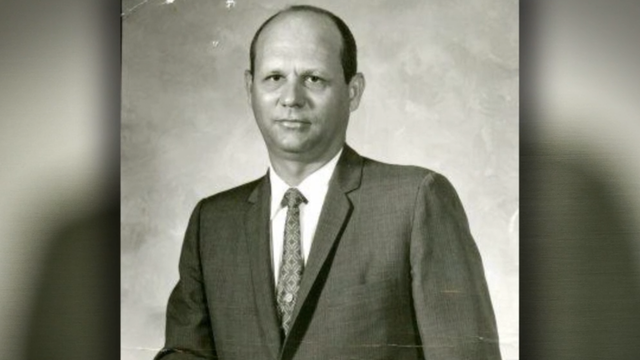
Space
When Apollo 13 astronaut Jim Lovell said, "Houston, we've had a problem," it was Ed Smylie who had the solution. "CBS Evening News" co-anchor John Dickerson has the story after Smylie's death at 95.


When Apollo 13 astronaut Jim Lovell said, "Houston, we've had a problem," it was Ed Smylie who had the solution. "CBS Evening News" co-anchor John Dickerson has the story after Smylie's death at 95.
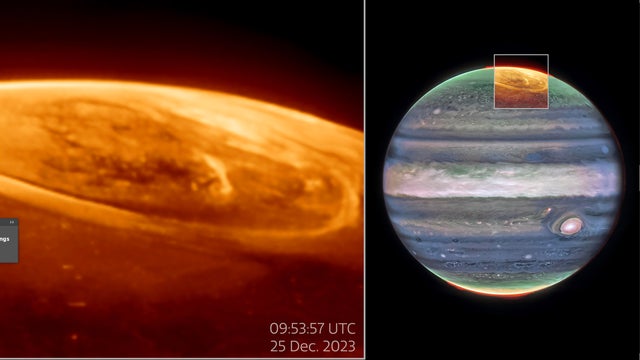
Jupiter's stunning auroras are hundreds of times brighter than those seen on Earth, as pictured in new images taken by the James Webb Space Telescope.

May's full flower moon will light up the night sky.
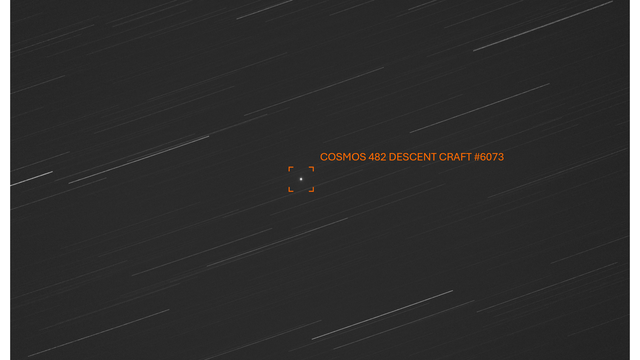
Kosmos 482 was launched by the then-Soviet Union in 1972 as part of a series of missions bound for Venus. But this one never made it out of orbit around Earth, stranded there by a rocket malfunction.
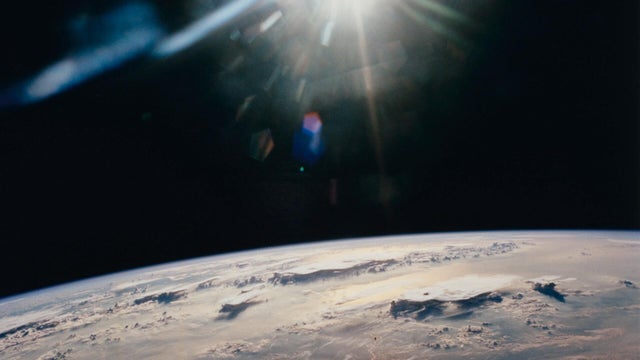
A Soviet-era spacecraft that was meant to land on Venus in 1972 is plunging back to Earth. Marlon Sorge, an executive director at The Aerospace Corporation, joins CBS News with what to expect.

A Soviet-era spacecraft meant to land on Venus a half century ago is expected to plunge uncontrolled back to Earth within days.
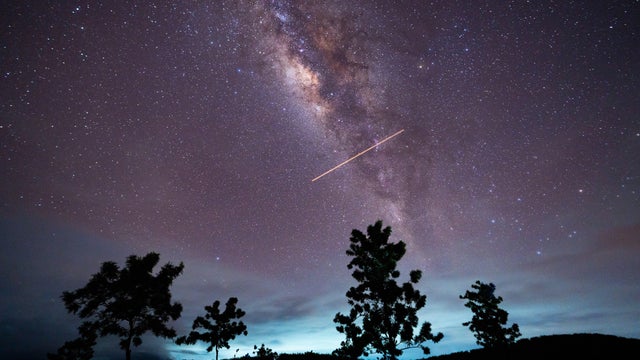
Meteors from the Eta Aquariids, known for their speed and created from space debris originating from Halley's comet, will zoom across the sky as the shower peaks.
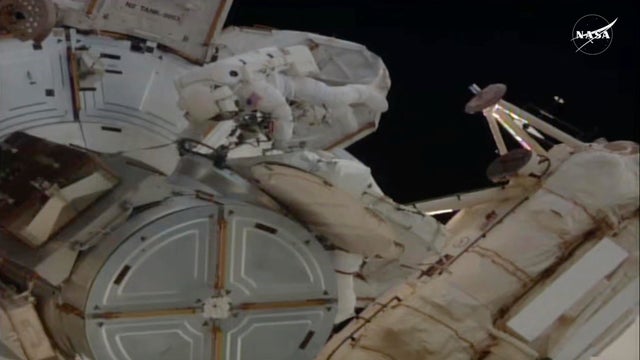
An astronaut who missed out on the first all-female spacewalk is getting her chance six years later.
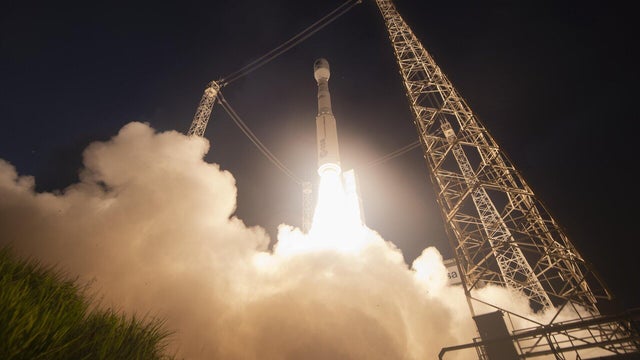
The European Space Agency's Biomass satellite is currently in orbit over the Amazon rainforest.
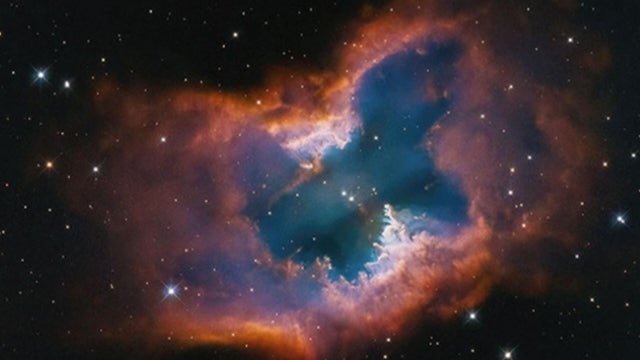
The Hubble Space Telescope "opened a new window to the universe" when it launched into space. Now, 35 years later, NASA is releasing some stunning images to celebrate.
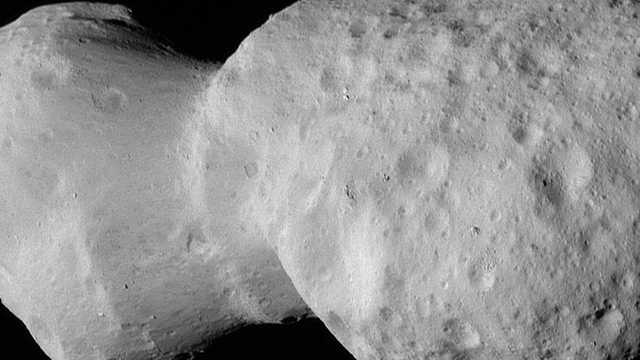
This asteroid is bigger than scientists anticipated, about 5 miles long and 2 miles wide at its widest point — resembling a deformed peanut.
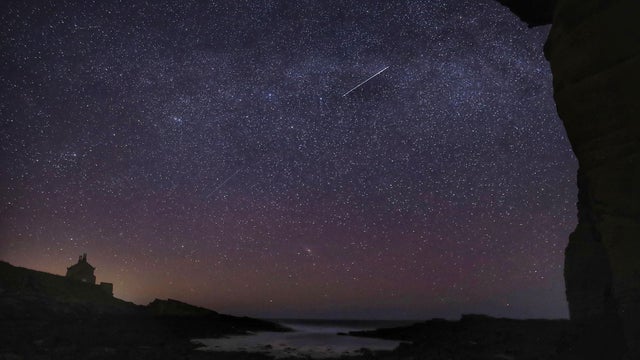
During the peak of the Lyrid meteor shower, 10 to 20 meteors could be seen per hour, NASA says.
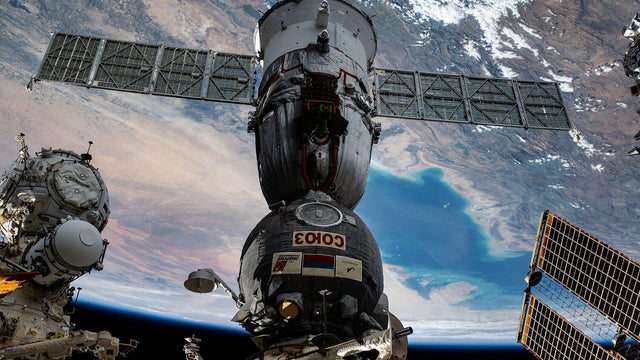
Don Pettit, NASA's oldest active astronaut, marked his 70th birthday by landing on the steppe of Kazakhstan after 220 days in space.
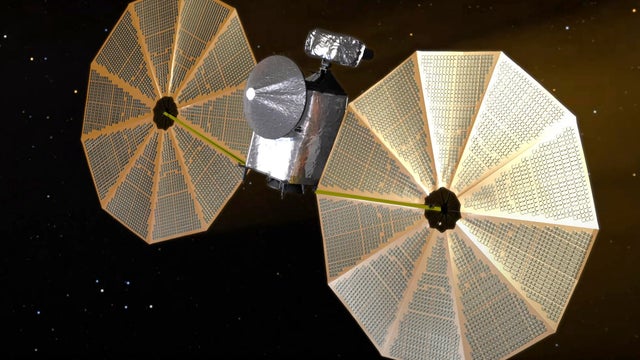
The flyby is a dress rehearsal for 2027 when Lucy reaches its first so-called Trojan asteroid near Jupiter.
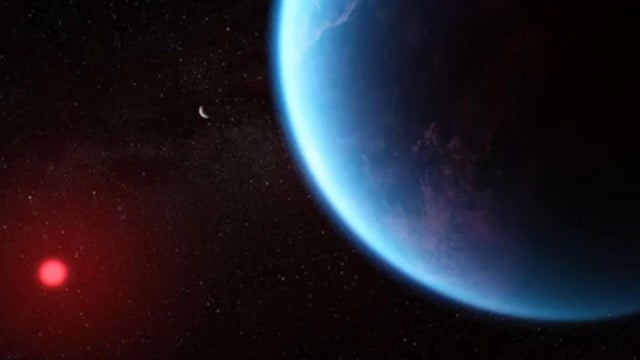
Astronomers say they have discovered "the strongest evidence yet" of life on a distant planet, although, they stress that more research is needed. Chief astronomer and planetarium director of the Franklin Institute Derrick Pitts joins "The Daily Report" to discuss.


Our website uses cookies to improve your experience. Learn more